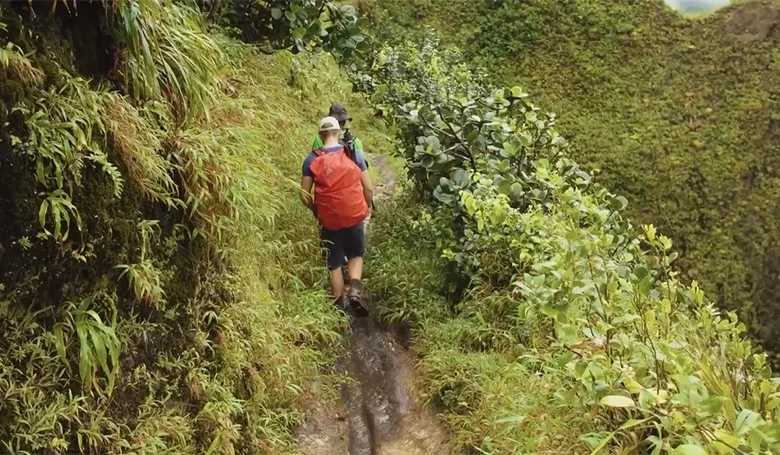Dominica’s Natural Heritage

Dominica, often called the Nature Isle of the Caribbean, boasts a rich natural heritage characterized by its lush rainforests, volcanic landscape, and diverse ecosystems. This unique environment has garnered international recognition, attracting nature enthusiasts and eco-tourists eager to explore the island’s unspoilt terrain.
Morne Trois Pitons National Park: A UNESCO World Heritage Site
At the heart of Dominica’s natural heritage lies the Morne Trois Pitons National Park, which was designated as a UNESCO World Heritage Site in 1997. Spanning over 17,000 acres, the park showcases an array of ecological wonders, including geothermal features, fumaroles, towering mountains, and mountainous rainforests. Serving as a testament to the island’s volcanic origins, the park provides habitats for numerous endemic species and highlights the unique geological formations that shape Dominica’s natural landscapes.
Diverse Natural Attractions in Dominica
Dominica’s natural heritage is reflected in its stunning natural attractions that highlight the island’s ecological richness and offer unique experiences for visitors:
- Boiling Lake: Located within Morne Trois Pitons National Park, this geothermal lake is the second-largest globally. The challenging hike to reach it takes travellers through lush rainforests, rivers, and the surreal Valley of Desolation with its boiling fumaroles and sulfur vents.
- Trafalgar Falls: Known locally as the Mother and Father Falls, these twin waterfalls near Roseau cascade into natural pools. The surrounding rainforest, filled with diverse flora and fauna, offers visitors a serene spot for swimming and relaxation.
- Emerald Pool: Nestled in the heart of the rainforest, this picturesque waterfall and swimming hole is easily accessible through a short hike. Surrounded by vibrant green foliage, the Emerald Pool provides breathtaking views and is a prime location for spotting local wildlife.
Conservation Efforts and Sustainable Tourism
Dominica’s government and local communities have made substantial efforts to preserve the island’s natural heritage by focusing on conservation and sustainable tourism. Dominica safeguards its unique ecosystems and rare species by establishing national parks, marine reserves, and protected areas. Key conservation sites include the Soufrière Scotts Head Marine Reserve and the Syndicate Nature Trail, where guided tours promote environmental education and highlight the importance of sustainable practices. Dominica’s conservation approach protects biodiversity and fosters sustainable tourism, allowing visitors to enjoy the island’s beauty without impacting its ecological balance.
Cultural Significance and Community Involvement
The natural heritage of Dominica is deeply intertwined with the cultural identities of its people, including the Indigenous people, the Kalinago and the descendants of enslaved Africans. Their traditions, languages, and close connection to the land enrich Dominica’s environmental landscape. Community-led eco-tourism initiatives, such as those at Jungle Bay Resort, Rosalie Bay Eco Resort and within the Kalinago Territory, offer immersive cultural experiences that educate visitors about the symbiotic relationship between the island’s natural resources and inhabitants. These initiatives reflect a communal effort to honour and preserve Dominica’s unique cultural and natural legacy.
Future Prospects for Dominica’s Natural Heritage
Dominica continues to invest in infrastructure to support sustainable ecotourism and conservation. The upcoming construction of a new international airport aims to increase accessibility for international visitors, with anticipated direct flights from major cities. This project emphasises Dominica’s commitment to ecotourism by facilitating responsible access to its natural wonders and ensuring the influx of tourists is managed sustainably.
The ongoing environmental education and conservation programs by governmental and non-governmental organizations further reinforce Dominica’s dedication to preserving its natural heritage. Future projects and policies aim to bolster the resilience of Dominica’s ecosystems against climate change and promote the island’s identity as a premier eco-tourism destination.




